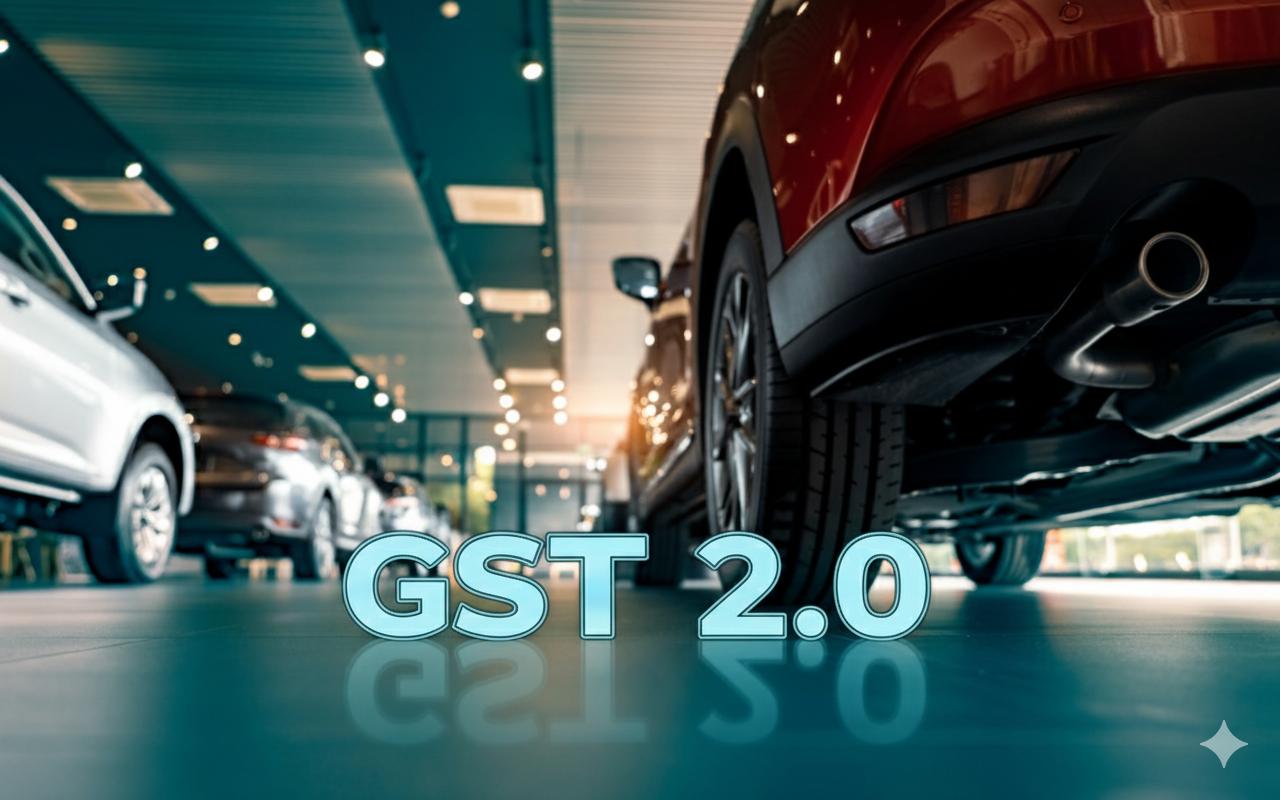
The GST rate rationalisation exercise announced earlier this month was hailed as a major economic reform, applauded by all and sundry. Except India’s automobile dealers.
The dealers have been left holding vehicle inventory on which they already paid cess, estimated to be at least ₹2,500 crore, before the rationalisation decision was announced and cess abolished.
They were hoping for a mechanism whereby this large amount of cess already paid by them can be adjusted, but as the official notification clarifying the new GST regime was issued last evening, all their hopes have been dashed. The new regime comes into effect from Monday, the first day of the Navratri season.
Also read:
SIAM 65th Annual Convention: GST cuts lift mood, but auto industry faces cess, ethanol and EV hurdles
One dealer described the notification which came last evening as “catastrophic”, while another called the ₹2,500 crore cess amount as “horse’s hooves”, implying a much greater hit for the vehicle sales ecosystem. A third wondered why the dealers have been thrown under the bus by a regime which wants to appear consumer-friendly without bothering about the significant financial drain on dealerships, which are usually MSEMs, family owned businesses.
Hectic efforts are on to get the government to change its mind, with the Federation of Indian Dealers (FADA) trying to meet top officials in the Prime Minister’s Office and various ministers involved in the decision making process since this morning.
The cess mess
As per a decision of the GST Council, compensation cess has been subsumed for automobiles (among other product categories) and the new regime will be implemented from September 22, 2025. This follows the abolition of the GST slabs of 28 per cent and 12 per cent and removal of cess which was applicable on bigger vehicles.
So, no fresh cess liability will arise on outward supplies from Monday. However, auto dealerships across India presently hold significant, validly availed compensation cess balances in their electronic credit ledgers for vehicles they accepted from OEMs before the taxation changes were announced.
Also read:
Auto dealers fret as festive season nears but GST rate cut promise awaits final nod
Under the current law, these balances cannot be used against CGST/SGST/IGST—and will lapse unless a transitional pathway is created. Last evening’s notification has made it clear that no such pathway is coming. This aids dealers’ fears of legitimate, tax-paid credits turning into dead capital, at the very start of the festive season.
FADA worried
FADA CEO Saharsh Damani said in a Linkedin post that for auto dealers, 95 per cent of inventory is bank-funded. “Blocking this credit compresses working capital, shrinks drawing power and risks snowballing into financial stress—just as dealers build stock for the festive season.
He referred to reports quoting the CBIC Chairman saying that cess balances will lapse and wondered “should a system designed on ‘ease of doing business’ turn its back on lakhs of compliant taxpayers, particularly when the solution is simple? The government needs to bring specific transitional provision u/s 172 of CGST Act or u/s 164 of the CGST Act read with Section 11 of the Compensation to States Cess Act, or under any other suitable legal mechanism to provide that:
- Balance lying in Compensation Cess Credit Ledger as on 21.09.2025 may be allowed to be transferred to IGST/CGST credit ledger.
- Such balance may then be utilised for discharge of regular GST liability (CGST/IGST).
One dealer said that the government could bring an amendment to the notification issued yesterday, if it wanted to help the automotive industry. FADA has already made detailed representations before Prime Minister Narendra Modi and Finance Minister Nirmala Sitharaman.
Discounts piped down
As dealers struggle with cess balances, OEMs have quietly begun scaling down booking discounts over this weekend, before the festive Navratri period begins from Monday and the GST cuts have to be passed on to consumers.
A Bajaj Auto dealer said that the OEM has already cut the ₹4,000 discount on the Pulsar from today. “So if the buyer was entitled to a total price reduction of, say, ₹10,000 from Monday after the new GST regime kicks in (including the ₹4,000 discount plus lower GST benefit), the effective price reduction now will only be ₹6,000,” this dealer said, requesting anonymity.
Also read:
Small cars, SUVs, bulk of two wheelers, tractors to get cheaper on GST rate cut bonanza
Another dealer said that on Maruti Baleno, for example, the booking discount till Sunday is about ₹40,000 but from Monday onwards, it will be slashed to ₹25,000.
Consumers may rejoice
Consumers may have much to cheer from next week and OEMs also anticipate significant sales growth during the festive period due to the GST rate cuts. Prices will come down for almost all vehicle categories – small cars (with length under 4 meters and either 1200 cc petrol or 1500 cc diesel) will now be taxed at 18 per cent rate instead of the earlier 28 per cent GST and for bigger vehicles, the effective rate has also come down due to cess abolition.
Tarun Garg, COO of Hyundai Motor India, has already said that the biggest benefit will be in the small SUV segment, where the maximum cut could be between 11-13 per cent. “In terms of actual cuts, in the less than ₹10 lakh SUVs, customer benefit is the most,” Garg said.
Maruti Suzuki India has spoken of a double digit growth potential in small cars while two wheeler OEMs are also looking at a sales boost due to price cuts.
